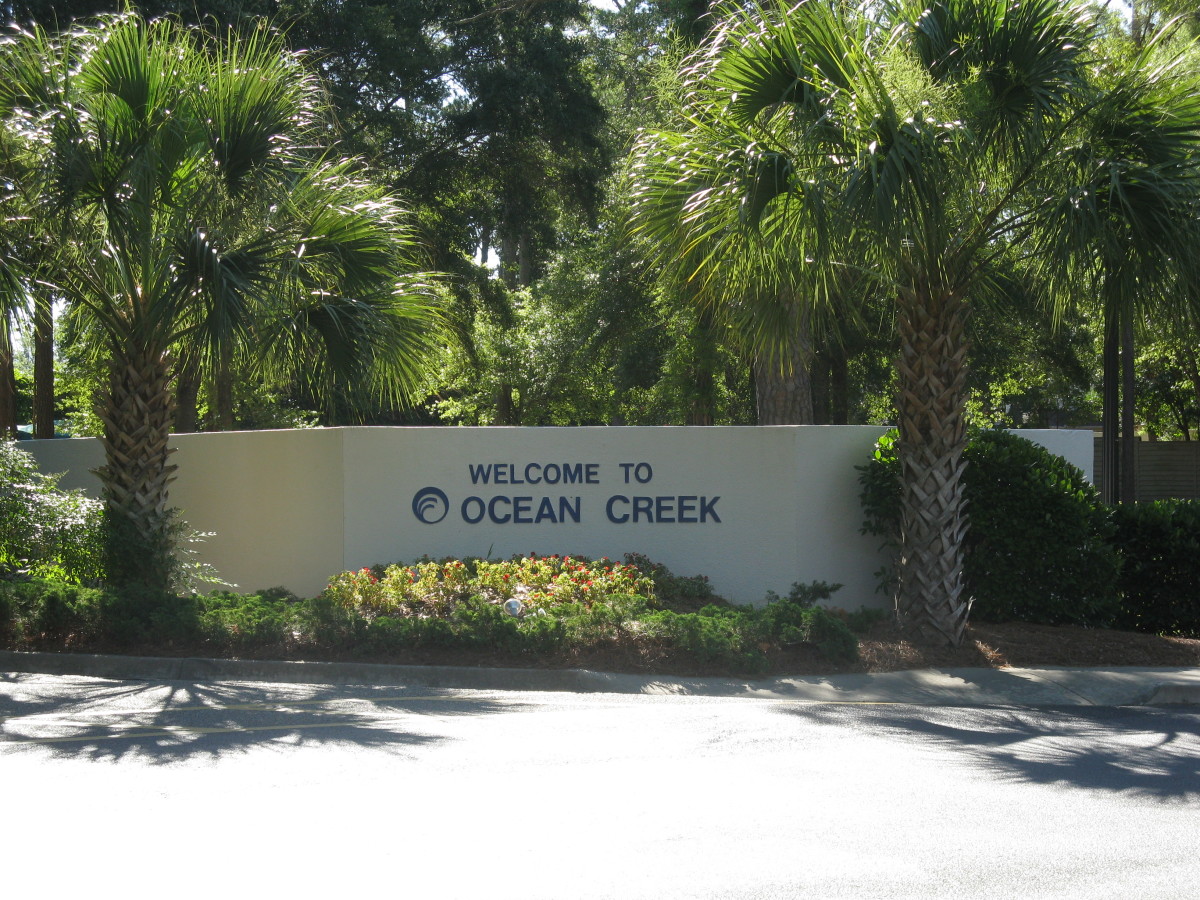Hotel Pricing Policy
The generic problem
I am not a hotel aficianado. If I need a hotel I book one. My recent experiences have caused me to think about hotel pricing policy.
I was going to speak to a conference in Amsterdam in February 2012. The Conference organisers told me that they had negotiated a concessionary price of £130 per night, much better than the normal £180 price. After much running around and hours of internet work I ended up in the same hotel at £110 for two nights - yes £55 a night. There seems to be very flexible pricing.
Any hotel has a fixed capital investment of building and equipping a hotel, and a minimum staffing cost for daily operation. If the hotel is virtually full it needs more staff than if it is virtually empty, but the cost of the extra staff is more than met by the extra income. Advertising and PR has a cost, and has a benefit, but it is hard for the hotel owner to measure a relationship between these expenses and actual income.
There is an argument for having a high "normal" price. First, there are some people who are not price sensitive, and simply want a four star hotel. If all the four star hotels in town play the same game, they will share the high payers. An hotel can decide to have a slightly lower "normal" price than its four star competitors, but paradoxically may lose out. Customers may think that a hotel that is significantly cheaper than its competitors must have something wrong with it, like no elevators or some other problem. So it may lose business, and on the business it does get it will make less per guest than its competitors.
A second argument for having a high "normal" price is that it allows the hotel to grant concessions to conference organisers, travel clubs, group bookings and so forth and the hotel still does very nicely on these customers.
A hotel earns nothing from an empty room. Now some customers make last minute decisions to visit say Amsterdam, or are just slow in finalising travel arrangements. The hotel can maintain its "normal" prices if it is confident that there are last minute purchasers who will pay the "normal" prices. We all know that at the height of the tourist season there are literally no hotel rooms to be had, even in a large city like London or Amsterdam with hundreds of hotels.
In the "off" season every hotel has vacant rooms.
If a hotel varies its "normal" price too much it has concerns from guests who came last year and now find the price has gone up for no obvious reason. The hotel may therefore have an all year round "normal" price or at best a "normal" and "high season" price.
So how does the hotel attract cheapskates like me? It would rather have me than have a room vacant. February in Amsterdam is nowhere near "high season". If the hotel wants me it has to cut prices. Classic economics is that it is better to have me even at less than "breakeven" price so I am making some contribution to costs than to have an empty room making no contribution to costs.
Some Fine Calculations
Let us suppose our hotel has cost $5,000,000 to build and has 100 rooms. The capital cost of each room is therefore £50,000. This $5,000,000 has also paid for elevators and the large reception area and conference rooms, breakfast room, dining rooms, bars and so forth in the middle of a large city. In many cities one could not buy a bare site for $5.000,000, so we will allow another $20,000,000 for site purchase costs and interest costs during the build. Our capital cost is now $250,000 a room.
The building will eventually crumble and die, so you have to figure in amortisation and maintenance costs of probably 10%, and return on investment of say 20%. Each room has to generate 30% of its capital cost each year. Even good hotels frequently are not full all year round, so reckon on a 70% average occupancy rate. 365 nights x 70% is 255 nights. 30% of $250,000 is $75,000. Just to meet the capital cost of providing a room we need 255 nights at $295 a night. There are staffing costs for laundry, cleaning, reception, security, and bookings and billing, probably in the order of $20 per room per night. Added to this are property taxes, hotel taxes, electricity, heating, and marketing - say $10 a night. So the cost before making any profit is $325 a night. I assume bars and catering at least pay their way.
So how does the hotel raise $325 a night? First by buying the site as cheaply as possible, and having as quick a build time as possible, to reduce the amount of capital that has to be serviced. There is tension between cheaper building methods which lead to higher operating costs, and more expensive build costs that save on running costs. Planning a financially efficient hotel is a skilled business.
Hotel staff are poorly paid and generally are very hard worked.
But the nub of the problem is what pricing structure to adopt.
Pricing Structure
There are some months in the year where demand is so high that occupancy is literally 100%, and at "normal" price. Outside these months the hotels try to attract conventions and conferences and training and weddings and any other "event" where people are likely to stay overnight. Then block bookings with package holiday companies which generate less money but at least fill the hotel. At the bottom of the desireability are the cheapskates like me. But a cheapskate is better than an empty room.
The hotels do not show on their promotional information that there are rock bottom prices available. These are advertised on the cheap hotel sites only. Payment is in advance to get over the "no show" problem, and a commission is deducted by the cheap hotel sites. Any financial contribution is better than nothing. However, to avoid price slippage the Reception staff are not allowed to quote the rock bottom prices . You have to go through the cheap hotel sites.
Juggling the mix to ensure your hotel stays in profit is challenging. Getting the mix right can be very profitable. Getting it wrong leads to bankruptcy.
For the traveller, it is always worth looking at the cheap hotel sites. But be aware that they sometimes are more expensive than the hotel cheap prices. You must do your homework!
Also By Charles James
- How To Be Careful With Money
ideas for debt reduction, credit cards, saving money, and earning money. Deals with coming together as a family. How to tell the neighbours.








